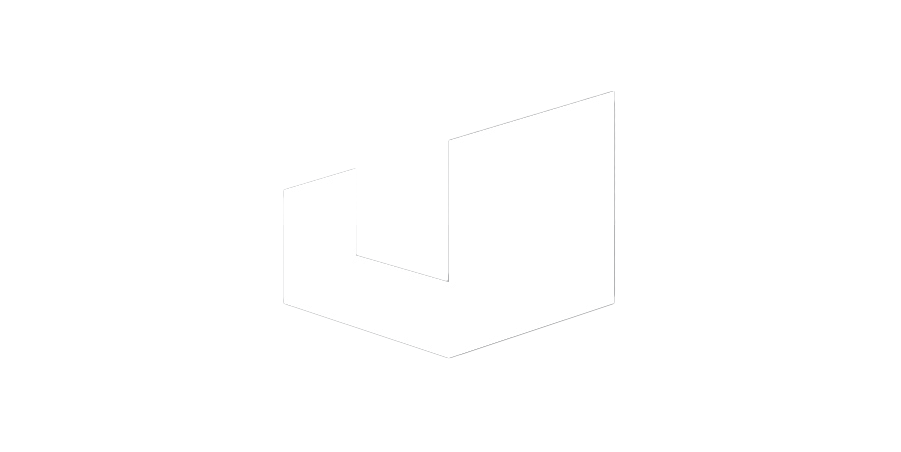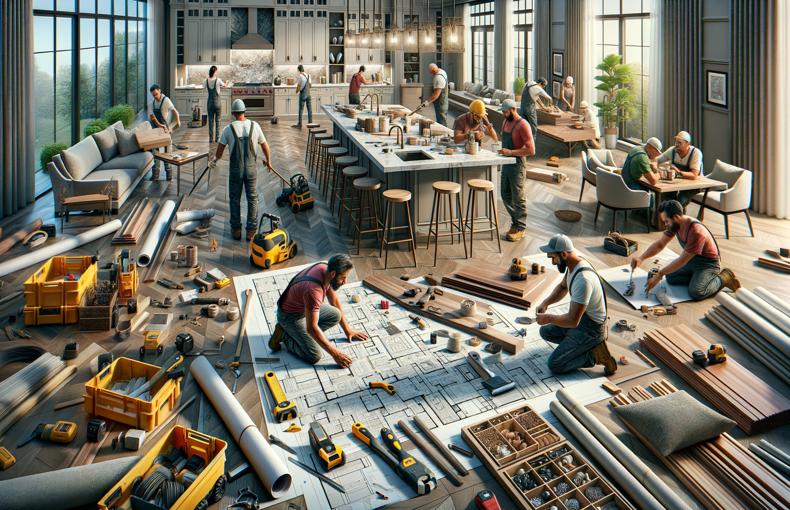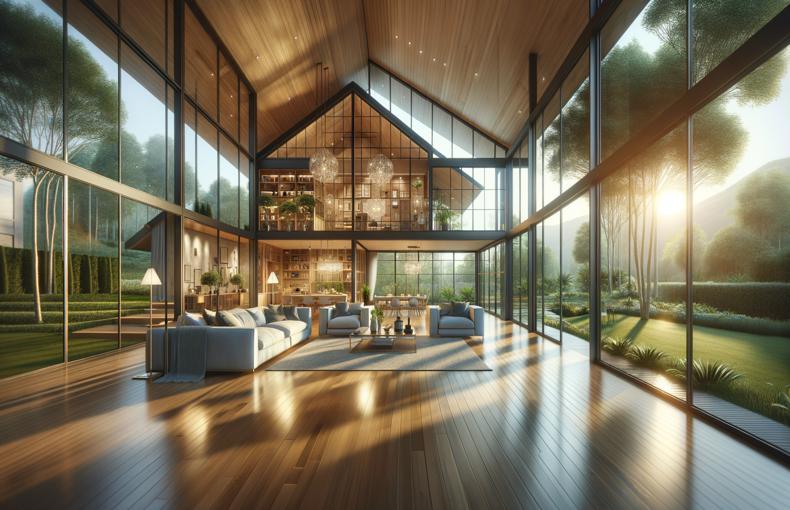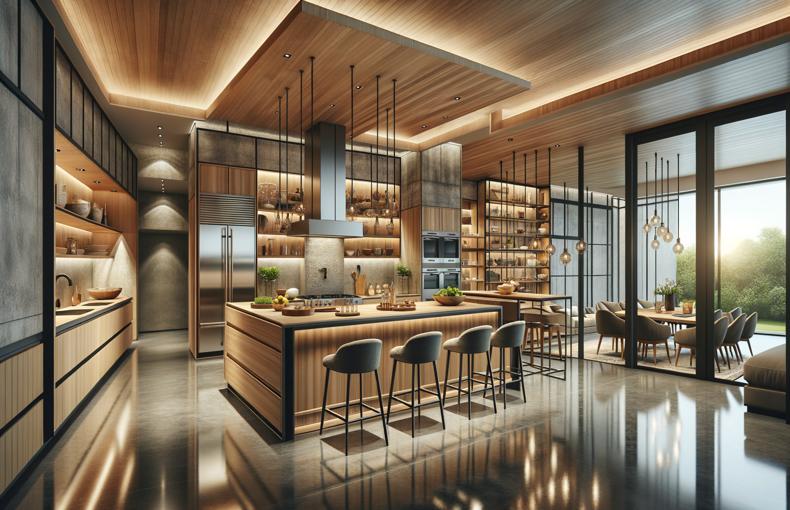Maximizing Your Investment: How Custom Homes Offer Long-Term Value
When it comes to homeownership, the decision between buying an existing home and building a custom home is a pivotal one. While buying a pre-built home may offer convenience, custom homes provide long-term value that extends far beyond the initial investment. From personalization to energy efficiency and future-proofing your living space, the benefits of custom homes can pay off significantly over time. In this post, we’ll explore how building a custom home can maximize your investment and provide enduring value for years to come.
1. Tailored to Your Needs and Lifestyle
One of the most significant advantages of building a custom home is the ability to tailor every aspect to your specific needs and preferences. Whether it's the number of bedrooms, the layout, or even specialized features like home offices or entertainment areas, custom homes allow you to create a space that works perfectly for your lifestyle.
Key Benefits:
- Optimized space usage: Every square foot is designed with purpose, eliminating wasted space.
- Future-proofing: Custom homes are built to accommodate changing needs, whether for a growing family, aging in place, or technological advancements.
Custom homes are designed for the way you live, ensuring that no corner goes unused and no compromise is made. This level of personalization can be difficult to find in an existing property.
2. Higher-Quality Construction and Materials
When building a custom home, you have more control over the quality of the materials used and the contractors involved in the construction process. This means you can ensure higher standards for everything from the foundation to the finishing touches. Higher-quality materials often translate into fewer repairs and maintenance issues down the line, leading to long-term cost savings.
Key Benefits:
- Durability: Using superior materials means your home will better withstand wear and tear.
- Lower maintenance costs: Fewer repairs mean lower out-of-pocket expenses over the years.
- Increased resale value: Homes built with high-quality materials tend to retain or increase in value compared to homes with lower-quality construction.
3. Energy Efficiency and Sustainability
Modern custom homes often incorporate the latest energy-efficient technologies and sustainable materials, providing substantial savings on energy bills over the life of the home. Features like solar panels, energy-efficient windows, insulation, and smart home systems can dramatically reduce your home’s carbon footprint while keeping utility costs low.
Key Benefits:
- Energy cost savings: Reduced utility bills add up to significant savings over time.
- Eco-friendly: Sustainable building materials and designs help reduce environmental impact.
- Tax incentives: Many governments offer tax credits for incorporating energy-efficient features into your home.
External Resource:
For more information on energy-efficient home design, check out Energy Star’s guide to energy-efficient homes.
4. Customization Increases Long-Term Value
Because a custom home is designed to your specific preferences, it is often more appealing to potential buyers when you eventually decide to sell. Unique features, high-end finishes, and thoughtful layouts can set your property apart in the real estate market, driving up its resale value.
Key Benefits:
- Higher resale value: Unique, well-maintained custom homes tend to sell for more than cookie-cutter homes in similar areas.
- Market differentiation: A custom home stands out in a crowded real estate market, attracting discerning buyers.
While market conditions can vary, homes that are thoughtfully designed and built to last often command higher prices, ensuring a better return on your investment.
5. Lower Long-Term Costs
While the upfront cost of building a custom home may be higher than buying an existing home, it’s essential to consider the long-term savings. Custom homes are built with modern materials, construction techniques, and technologies that reduce ongoing costs associated with repairs, utilities, and maintenance.
Key Benefits:
- Fewer repairs: Since everything is brand new, you won’t have to worry about major repairs for many years.
- Optimized systems: Custom homes often have state-of-the-art HVAC, plumbing, and electrical systems, reducing long-term operational costs.
- Warranties: Most custom homes come with warranties on materials and systems, providing peace of mind for years to come.
6. Location Flexibility
When building a custom home, you have the freedom to choose the location that best suits your lifestyle and future plans. Whether you want a home with scenic views, proximity to good schools, or a secluded spot for privacy, custom home builds allow you to be strategic about where you live.
Key Benefits:
- Access to better locations: Build in an area that offers long-term benefits such as safety, amenities, and potential for appreciation.
- Lifestyle alignment: Choose a location that aligns with your personal and professional life, ensuring long-term happiness.
External Resource:
To find the best location for your custom home, see this guide from Realtor.com on choosing a prime home location.
7. Building Equity Over Time
A custom home is an investment in your future. As you pay down your mortgage and property values appreciate, you build equity that can be tapped into for future financial opportunities. Because custom homes often maintain or increase in value better than standard homes, they serve as a more robust financial asset.
Key Benefits:
- Equity growth: As property values increase, so does the equity in your custom home.
- Potential for refinancing: Increased equity can give you financial flexibility down the road through refinancing or home equity loans.
Conclusion
Building a custom home offers more than just a place to live—it provides a foundation for long-term financial and personal well-being. By tailoring your home to your specific needs, choosing quality materials, and focusing on energy efficiency and sustainability, you can create a property that not only saves you money but also increases in value over time.
Whether you're planning for a growing family, aiming for sustainability, or simply want a home that reflects your unique style, investing in a custom home is a choice that offers lasting value. By maximizing customization, quality, and efficiency, you’re not just building a home—you’re building a legacy.
Additional Resources:
- The National Association of Home Builders offers insights into the long-term benefits of custom homes.
- For more tips on building custom homes, visit Houzz.
By choosing to build custom, you can create a home that delivers both immediate comfort and lasting value—a true investment in your future.










